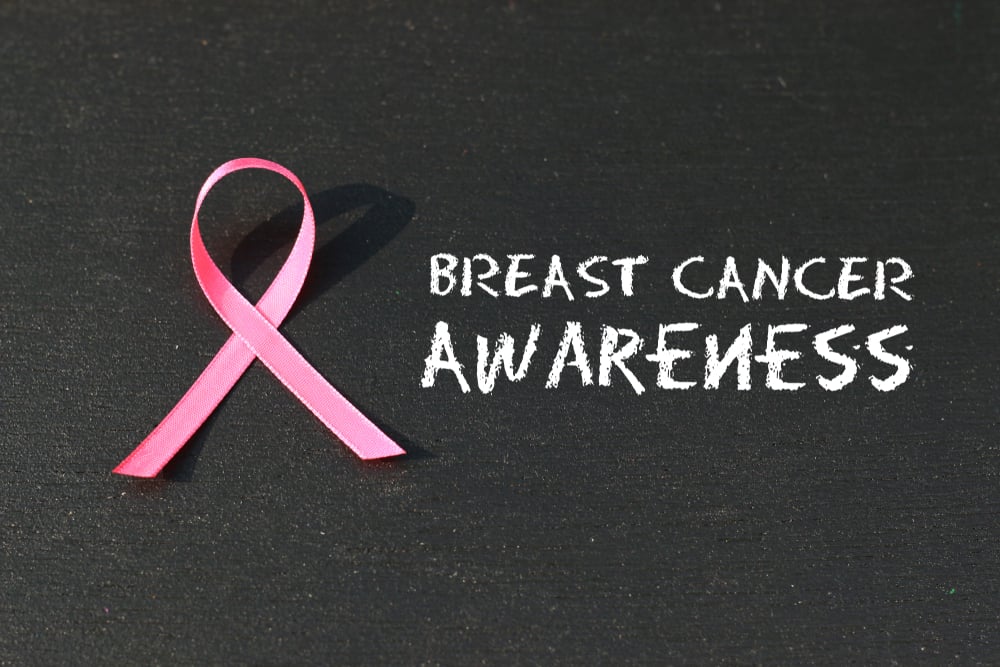Facts you Need to Know About Breast Cancer
Here are some facts you need to know about breast cancer. Stage four breast cancer is rather serious. If it is not treated aggressively, it can spread across the entire body including the brain, liver and lungs. The five year survival rate among metastatic breast cancer patients is 22 percent. Prompt and intrusive treatment can help prevent the cancer from spreading.
The Spreading of Breast Cancer
If diagnosed in its earlier stages, breast cancer may take years to spread. The sooner you catch the disease, the higher the survival rate. These facts you need to know about breast cancer can help you create a treatment plan.
Metastatic breast cancer commonly spreads to other areas of the body such as the brain, bones, liver and lungs. It can also spread to other areas of the body as well.
Related Topics (ads):
Metastatic Breast Cancer Symptoms
Intense Fatigue
Fatigue and feeling tired constantly is one of the first signs of cancer, specifically metastatic breast cancer. Despite getting adequate sleep, metastatic breast cancer sufferers can become extremely exhausted due to routine activities such as walking and opening of doors. Being overly tired also makes it impossible to participate in other activities such as exercise.
Significant Weight Loss
During the metastatic breast cancer stage, muscles begin to deteriorate. Additionally, sufferers will lose their desire to eat, especially if it has spread to the liver. Between loss of appetite and muscle deterioration, weight loss is inevitable for cancer suffers including those with metastatic breast cancer.
Depression
Dealing with an incredibly traumatic and sometimes deadly disease can cause extreme sadness and loss of interest in everyday activities. If your cancer diagnosis triggers depression, be sure to reach out to your health care provider for resources. Also surround yourself by the love and support of those around you.
Liver Cancer
If your breast cancer spreads to the liver it can create extreme abdominal pain and vomiting. Yellowing of the skin may occur during this stage.
Bone Cancer
Also known as bone metastasis, bone cancer causes the bones to become extremely fragile. Weakening of the bones can cause fractures and other injuries more easily. At this stage many people do not yet know they have breast cancer.
Lung Cancer
Typical signs of breast cancer spreading to the lungs includes a chronic cough and shortness or breath. The build of fluid in the lungs makes breathing especially difficult. The progression of this stage occurs gradually.
Brain Cancer
Breast cancer that spreads to the brain is less common, but if it does happen there are some signs to look out for. These symptoms include intense headaches, dizzy spells and a change in personality. This can create panic and even seizures among those with metastatic breast cancer.
Related Topics (ads):
Metastatic Breast Cancer Treatment
Chemotherapy
Chemotherapy is typically used to treat metastatic breast cancer. Chemotherapy is an effective treatment plan that can help kill and shrink tumors quicker.
The side effects of chemotherapy make it difficult for cancer patients to function the rest of the day. The potency of these drugs make them effective yet intense.
Target Therapy
Through targeted therapy, special drugs similar to chemotherapy are used. Target therapy drugs prevent the growth of cancerous cells. Unlike chemotherapy, these drugs do not target healthy cells. Patients using target therapy are less exhausted than those treated with chemotherapy.
Like chemotherapy, target therapy still has side effects. Common side effects include high blood pressure and blood clotting problems.
Radiation Therapy
If metastatic breast cancer has spread to other parts of the body, radiation therapy is usually recommended. Radiation therapy destroys the DNA of cancer cells in high doses. Specific body parts can be targeted using radiation therapy.
Damage to some healthy cells in the body may occur during radiation therapy. A healthy diet that consists of extra calories is important, as your energy levels will decrease as your body tries to rebuild tissue.
Surgery
Surgery is usually performed in addition to other treatments such as radiation therapy. Surgery removes cancerous tumors while radiation therapy is used to prevent future cancerous growth.
Like other surgical procedures, there is a risk of infection as well as pain. The complete healing process after surgery is typically 3-4 weeks.
Final Thoughts
These are some of the facts you need to know about breast cancer. Metastatic breast cancer sufferers are constantly challenged with everyday tasks and are often depleted from aggressive treatments. If caught early enough, the odds of surviving this disease are much greater. Treatment options are always expanding as cancer research evolves. Talk to your doctor about the best treatment options for you and remember to surround yourself with support from loved ones.
Find other articles about cancer and health.
Resources Used:
Healthline, Breast Cancer by the Numbers: Survival Rates by Stage, Age, and Country
American Cancer Society, Survival Rates for Breast Cancer
BreastCancer.org, Bone Metastasis: Symptoms and Diagnosis
Mayo Clinic, Chemotherapy for breast cancer
WebMD, Breast Cancer Treatment
American Cancer Society, Evolution of Cancer Treatments: Surgery
